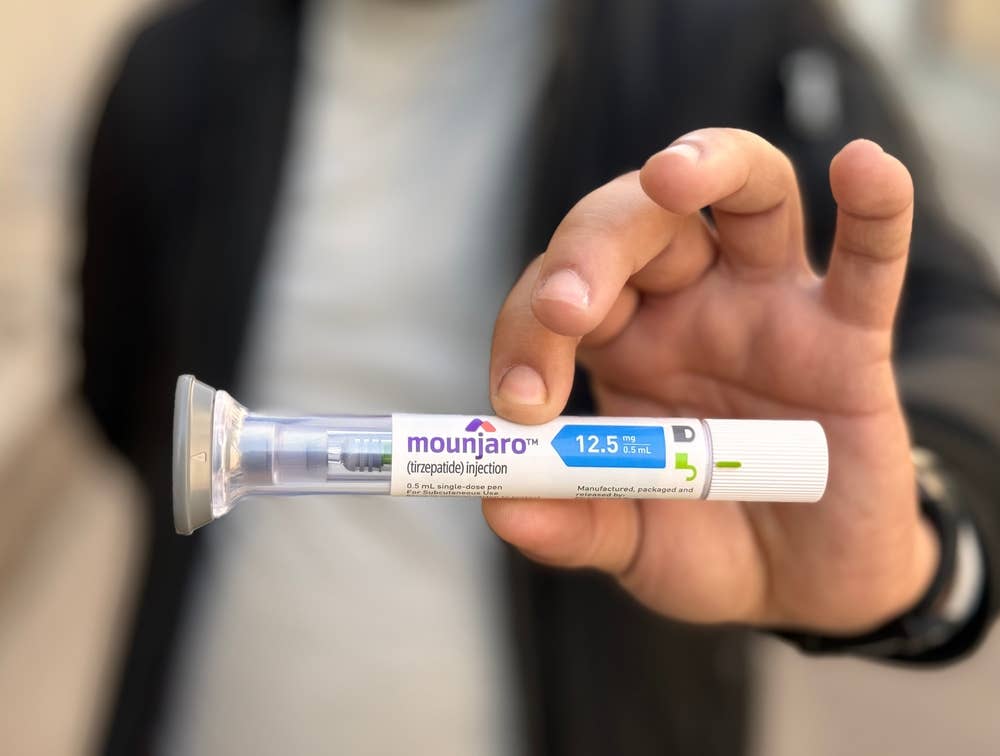Low-fat vegan diet provides major benefits for type 1 diabetes patients, study finds
This diet, abundant in fruits, vegetables, grains, and beans, reduces insulin needs and improve insulin sensitivity and glycemic control.

This diet, abundant in fruits, vegetables, grains, and beans, reduces insulin needs and improve insulin sensitivity and glycemic control. (CREDIT: Creative Commons)
A study by the Physicians Committee for Responsible Medicine published in Clinical Diabetes suggests that a low-fat vegan diet could be beneficial for people with type 1 diabetes.
This diet, abundant in fruits, vegetables, grains, and beans, was found to reduce insulin needs and improve insulin sensitivity and glycemic control in individuals with type 1 diabetes. Furthermore, participants on the vegan diet experienced improvements in cholesterol levels, kidney function, and weight.
Type 1 diabetes results from an autoimmune reaction that damages the beta cells in the pancreas responsible for producing insulin. Insulin is crucial for moving glucose from the blood into cells for energy use. Individuals with type 1 diabetes must take insulin externally because their bodies do not produce enough.
Changes in insulin total daily dose (A) and insulin sensitivity (B) in the vegan (V) and portion-controlled (P-C) groups. *P
Some may also experience insulin resistance, where cells do not respond effectively to insulin, leading to elevated blood glucose levels. Dietary fat plays a significant role in insulin resistance, hindering glucose uptake by cells and potentially causing health complications over time.
In the study, 58 adults with type 1 diabetes were randomly assigned to either a low-fat vegan diet group or a portion-controlled group. The vegan group had no restrictions on calorie or carbohydrate intake, while the portion-controlled group aimed to reduce daily calorie intake for overweight participants while maintaining stable carbohydrate intake.
Over 12 weeks, participants in the vegan group reduced their insulin needs by 28% and improved insulin sensitivity by 127% compared to those in the portion-controlled group.
Related Stories
This improvement correlated with weight loss, with an average reduction of 11 pounds in the vegan group compared to negligible changes in the portion-controlled group.
Increased intake of carbohydrates and fiber was associated with improved insulin sensitivity, consistent with previous research indicating the benefits of reducing fat and protein intake in individuals with type 1 diabetes.
The vegan diet also led to significant reductions in cholesterol levels. Total cholesterol decreased by 32.3 mg/dL in the vegan group compared to 10.9 mg/dL in the portion-controlled group. LDL cholesterol decreased by approximately 18.6 mg/dL in the vegan group, whereas there was no significant change in the portion-controlled group.
Type 1 diabetes is linked to a higher risk of cardiovascular disease and mortality. The study suggests that the reductions in insulin use, HbA1c levels (a marker of long-term blood sugar control), and LDL cholesterol observed in the vegan group could correspond to significant reductions in cardiovascular risk.
Specifically, the decrease in insulin use on the vegan diet may translate to a 9% reduction in cardiovascular risk, while the improvements in HbA1c levels could correspond to a 12% to 8.8-12% reduced risk of heart attack and cardiovascular disease, respectively. Additionally, the decrease in LDL cholesterol may indicate an approximate 20% reduced risk of major cardiac events, such as heart attack and stroke.
The prevalence of type 1 diabetes is expected to increase significantly by 2040, with around 40,000 new cases diagnosed annually. The rising costs of insulin and diabetes management equipment have contributed to a more than 50% increase in the annual cost of type 1 diabetes care from 2012 to 2016.
Dr. Hana Kahleova, the lead author of the study and director of clinical research at the Physicians Committee for Responsible Medicine, emphasizes the potential benefits of a low-fat vegan diet for individuals with type 1 diabetes. She suggests that such a diet, which does not restrict carbohydrates, could help reduce insulin needs, manage blood sugar levels, and improve heart health in these individuals.
The study authors note the need for larger trials to validate these findings, indicating that further research is necessary to fully understand the impact of a low-fat vegan diet on type 1 diabetes management and cardiovascular health.
Founded in 1985, the Physicians Committee for Responsible Medicine is a nonprofit organization that promotes preventive medicine, conducts clinical research, and encourages higher standards for ethics and effectiveness in education and research.
For more science news stories check out our New Discoveries section at The Brighter Side of News.
Note: Materials provided above by The Brighter Side of News. Content may be edited for style and length.
Like these kind of feel good stories? Get the Brighter Side of News' newsletter.



